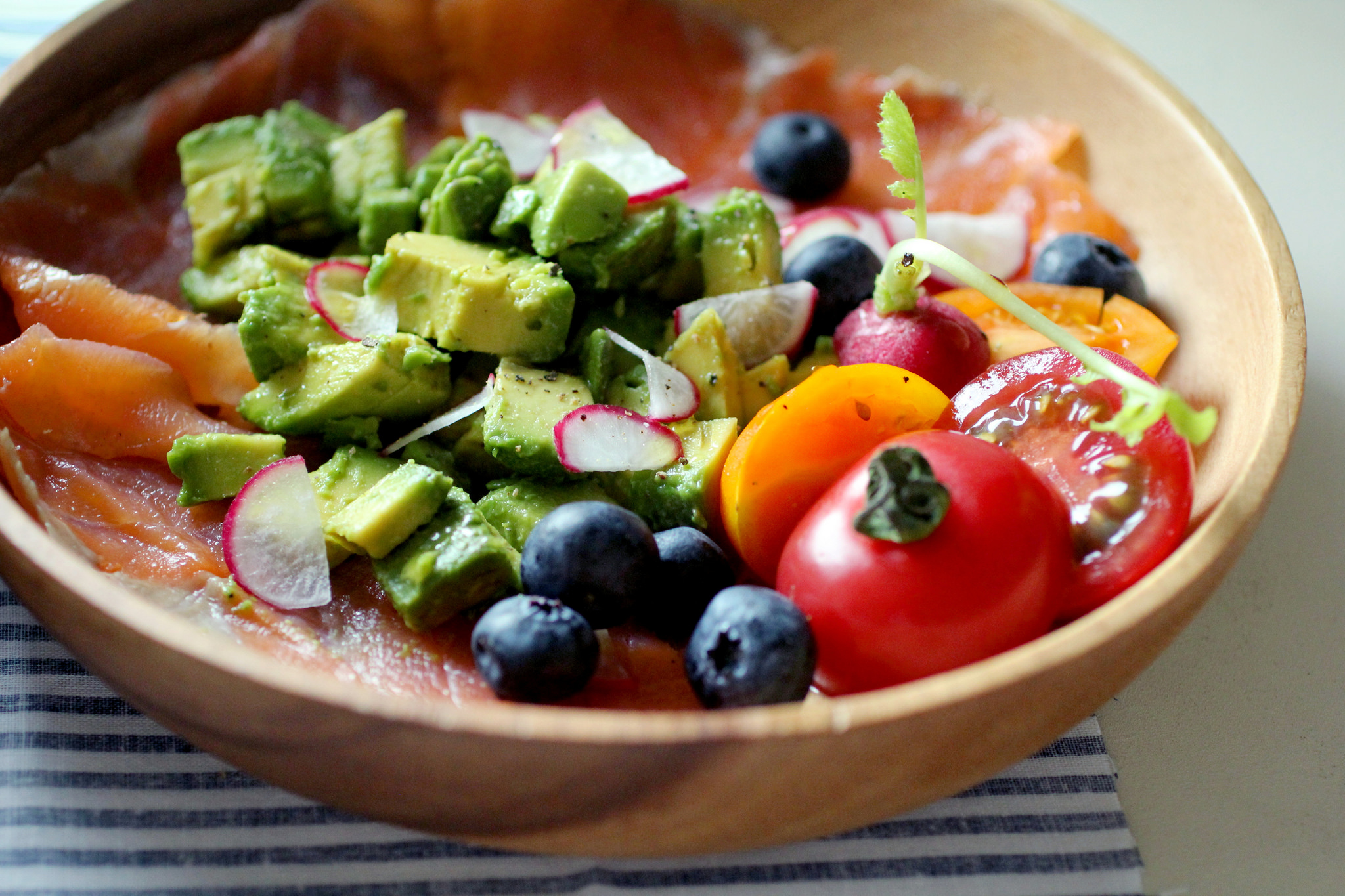
Image: with wind
There may be several factors that can affect how long you live but living a healthy lifestyle which includes a regular physical activity and eating a nutrient-dense diet can help in slowing down the aging process and may even prevent some of the age-related diseases.
Start slowing down the aging process with these foods. If you’re allergic to nuts, you’re up for a treat as these foods do not contain any of them.
- Olive oil
Years ago, researchers concluded that the monounsaturated fats found in olive oil are responsible for the low incidence rate of heart disease and cancer on the Greek island of Crete. Now, studies have revealed that olive oil is also rich in polyphenols which are powerful antioxidants which can help in preventing age-related diseases.
- Oats
If you’re craving for carbs, then eating oats is a very smart choice. Unlike other carbohydrate-rich food, oats rank low on the glycemic index which means they don’t spike the blood sugar level the way refined carbs such as white rice and bread do.
Oats aren’t just rich in fiber; they also have this natural plant chemical that protects cells from sun damage and helps prevent skin irritation.
- Yogurt
Yogurt is a popular food for those who are having gastrointestinal problems. Rich in probiotics, yogurt is believed to contribute to the longevity of people in the Soviet Georgia in 1970s. There may be insufficient evidence proving this belief, but it’s still good to have yogurt in your diet. It’s rich in calcium which helps in preventing osteoporosis.
- Avocados
Throw it in a salad or make it as a sandwich spread – there is definitely a lot of uses for avocados. Rich in monounsaturated fat, avocados help keep the skin hydrated. The healthy fat it contains also helps in absorbing other nutrients needed by the skin.
- Fish
Fish is a good source of omega-3 fatty acids. They’re among the healthy forms of fat that can reduce the elevated triglyceride levels, a risk factor for developing heart disease.
Researchers believed that a diet abundant in fish was what kept native Inuits of Alaska free from heart disease.
- Lean beef
Lean cuts of beef like the top sirloin is a rich source of protein. The body needs protein for tissue repair and for the construction of new tissues. It’s also the primary substance used in replacing worn out cells including skin cells.
- Dark chocolate
When consumed in moderation, dark chocolate can protect you from age-related diseases and keep you young-looking. Thanks to its flavanols which help in preserving youthful blood vessels.
Moderate consumption of dark chocolate can reduce the risk of high blood pressure, kidney disease, dementia, and type 2 diabetes.
- Brussel sprouts
Brussel sprouts are good sources of skin-friendly nutrients like folate, vitamin A, and C. Vitamin A and folate can help protect the skin from the damaging effects of the sun while vitamin C promotes collagen production which keeps the skin supple.
- Blueberries
Compounds found in blueberries and other forms of berries have anti-inflammatory properties that protect the skin from oxidative damage. Oxidative damage includes age-related deficits in motor function and memory.
- Grapes
Grapes specifically their skin have special compounds called resveratrol. This compound fights inflammation and is believed to slow down the aging process and helps in protecting the skin from sun damage.
- Tomatoes
The red hue that tomatoes have are from lycopene. It’s a carotenoid that helps in keeping the skin smooth and healthy. In some studies, they suggest that consuming more lycopene may protect the skin from the damaging effects of the sun.
- Tofu
Tofu and other soy-based foods are rich in isoflavones which help in preserving the skin’s collagen. In an animal study, a group of mice was fed with isoflavones and then exposed to UV light.
Researchers found out that this cluster had fewer wrinkles compared to those who didn’t have the isoflavone-rich diet.
Try incorporating these foods into your diet and see the difference they make on your skin and your overall health.